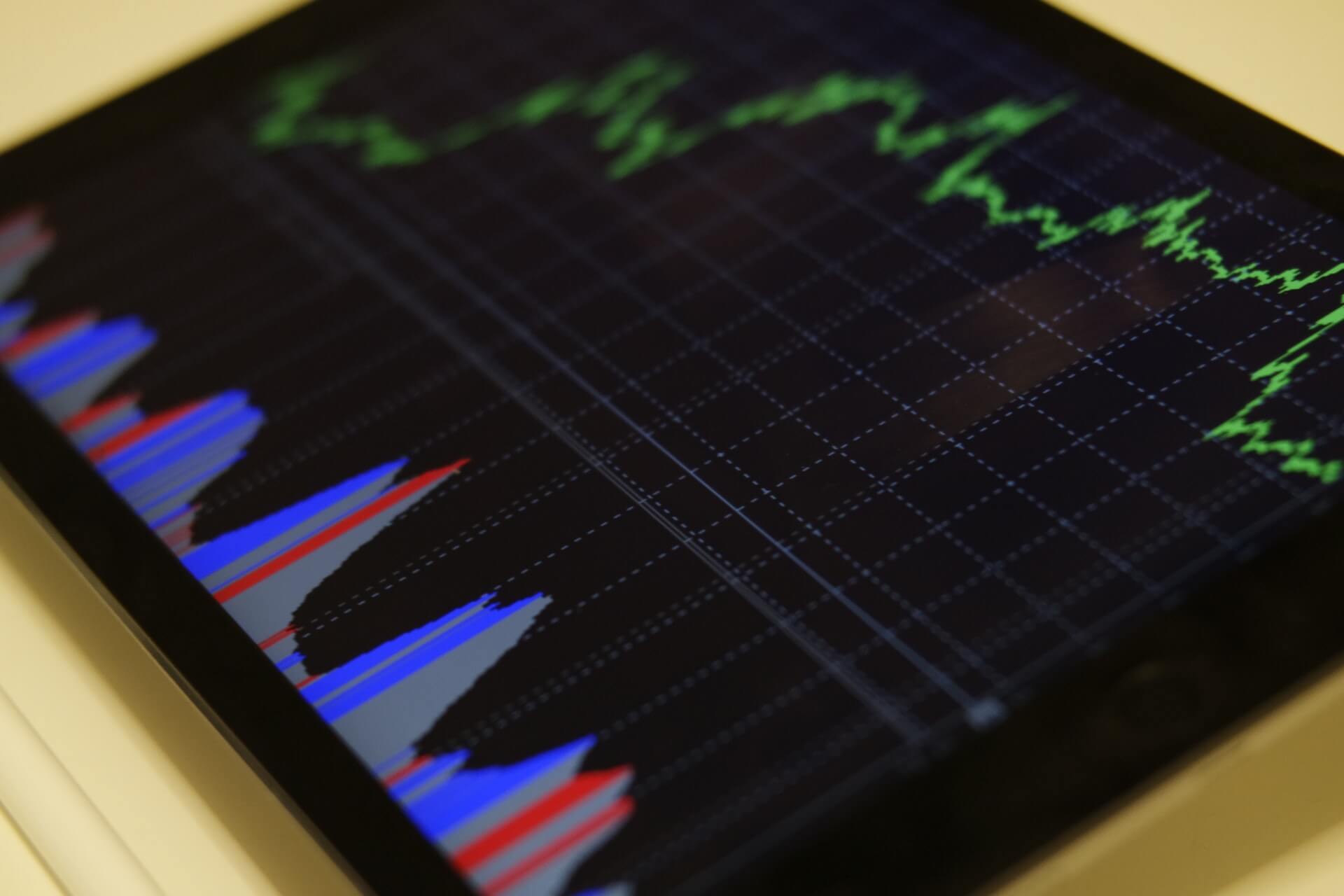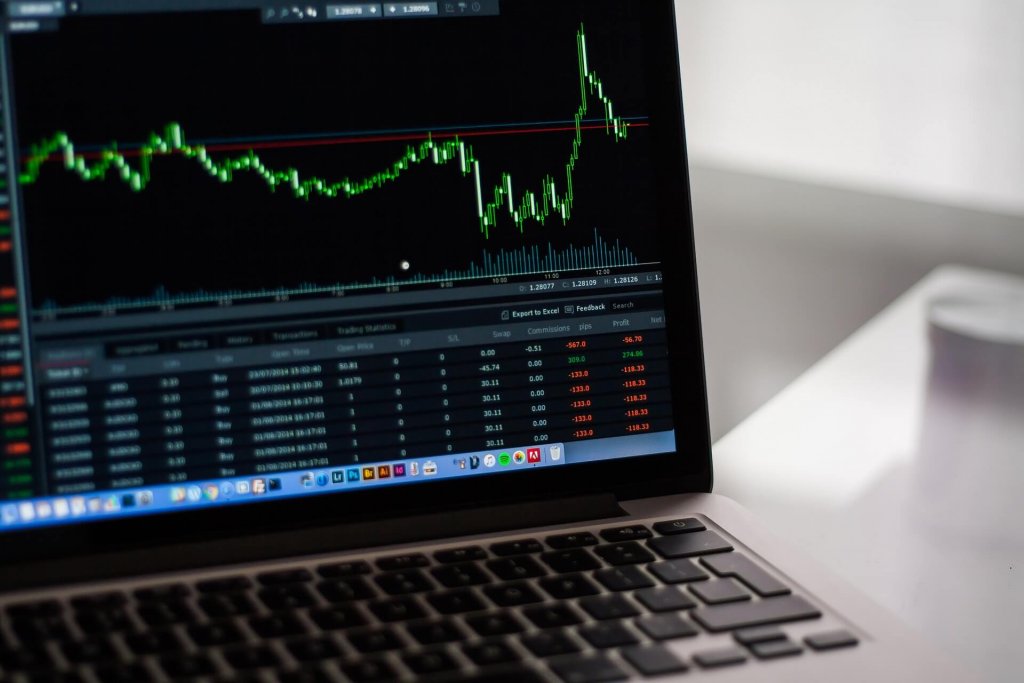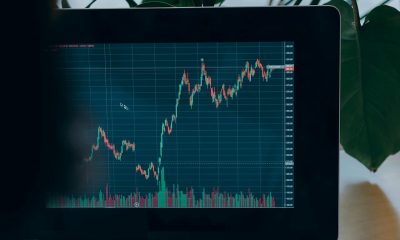Featured
The markets are peaking: When is the right time to sell stocks?
According to many stock market indicators, the stock markets are expensive. After the nine-year bull market, find out if you should sell stocks now.

An easy way to check the stock market price tag is with the price earnings ratio (PE ratio), or the amount of money you must pay in relation to a corporations earnings. Higher PE ratios correlate with more expensive stock prices.
The average PE ratio is 15.67 and the stock market PE ratio today is 24.69. That’s 57% overvalued, according to multpl.com. Eventually, the market will revert back to its historical averages, which means stock prices are likely to fall.
When the going gets tough
“The market can remain irrational longer than you can remain solvent.” — John Maynard Keynes
This timeless quote is a reminder that picking market peaks is tough. Despite an overvalued market, stock prices might continue to rise.
Overpriced markets and asset bubbles are a long term economic reality, dating back to the Holland tulip bulb mania centuries ago. At the end of last century, the new normal was “technology stocks cannot fail.”
And yet, after the internet boom of the late 1990s, the beginning of this millennium saw the S&P 500 tank. The market fell -9.03%, -11.85% and -21.97% in 2000, 2001, and 2003.
Today, as stock prices hit record highs and real estate is soaring, my inbox is filled with questions. It appears when markets peak or tank, investors worry about the following:
-
- Is there something I should be doing differently with my investments?
- Should I sell stocks now?
- With savings account returns so low, should I buy high dividend stocks?
- Should I get into the market now, since stocks are going up?

The early 2000s saw the fall of the S&P 500 stock market. (Source)
Expert advice: What not to do with your investments now
Don’t panic! If you’re a long-term investor with years until you’ll need your investment dollars, then keep a cool head and stick with your plan.
If you have set up an asset allocation in line with your risk tolerance, with a certain percent of your investment dollars in stocks and another percent in bonds or fixed assets, then stay the course.
Investment professors (myself included), John Bogle (founder of the Vanguard Fund Group), and Burton Malkiel (author of A Random Walk Down Wall Street) advise investors to keep their funds in an asset allocation in line with their risk tolerance.
Over time, if you believe the US and the global community will continue to prosper, then remain invested. Accept that the investment markets are volatile and that despite periodic declines, over time stock prices go upward.
If you don’t already have an asset allocation set up in line with your risk tolerance, set one up now. If you do, and the percentages are more than 5% away from your target, then rebalance your portfolio. That’ll force you to take some profits in your stock investments.
Should you sell stocks now?
If you’re worried about an upcoming market crash, there’s nothing wrong with selling some of your stock holdings now. Just realize that in doing so, you might miss additional profits if markets continue to go up.
It’s difficult to pick the absolute peak or trough of investment markets. So, even if you sell now, and markets drop, you’ll need to decide when to get back in. That’s why most professionals suggest avoiding trying to time the markets.
What are the advantages if you sell stocks now?
- You’ll lock in some of the investment gains.
- You’ll be prepared should markets tank soon.
What are the disadvantages if you sell stocks now?
- Unless you sell at the absolute market peak, you’ll miss further gains in your investments.
- You’ll need to decide the best time to reinvest back in the markets and may miss potential profits if you’re not invested as markets go up.

It’s fine to sell some of your stocks. But remember that you might not get more profit once the market resumes its upward trajectory. (Source)
The best answer to the question: Not necessarily!
Rebalance your investment account if it’s out of whack. For example, if your preferred asset allocation is 70% stock investments and 30% bonds, and it’s drifted to an 80% stock and 20% bond ratio, you’ll sell 10% of your stocks and stock funds. Use the profits to reinvest in bonds and bond funds.
Or a lazier way to rebalance is to use new investment money for bond investments only so that eventually, your whole investment pie will return to your desired 70% stock versus 30% bond mix.
If you’re worried about putting new monies into an expensively valued stock market, then get the dollar cost average. Although, if you’re investing in your workplace 401(k) or 403(b) a specific amount monthly, you’re already doing that.
Ultimately, your investment dollars should be long-term money to be used in retirement or goals that are 5+ years away. So don’t be surprised if your stock investments fall periodically—that’s all part of the natural investment cycle. If it’ll make you feel better, go on and sell some of your stocks, but staying completely out of the stock market could deprive you of reaching your long term financial goals.
As an investor, simply understand that there’s risk in every investment, and your job is to understand that risk, prepare for it by remaining diversified and don’t panic as financial markets go up and down.
—
DISCLAIMER: This article expresses my own ideas and opinions. Any information I have shared are from sources that I believe to be reliable and accurate. I did not receive any financial compensation in writing this post, nor do I own any shares in any company I’ve mentioned. I encourage any reader to do their own diligent research first before making any investment decisions.

-

 Fintech1 week ago
Fintech1 week agoImpacta VC Backs Quipu to Expand AI-Driven Credit Access in Latin America
-

 Impact Investing5 days ago
Impact Investing5 days agoClimate Losses Drive New Risk Training in Agriculture Led by Cineas and Asnacodi Italia
-

 Biotech2 weeks ago
Biotech2 weeks agoWhy Bioceres Shares Slide Into Penny Stock Territory
-

 Crowdfunding1 day ago
Crowdfunding1 day agoReal Estate Crowdfunding in Mexico: High Returns, Heavy Regulation, and Tax Inequality

























You must be logged in to post a comment Login